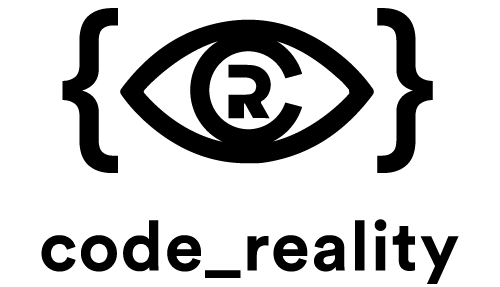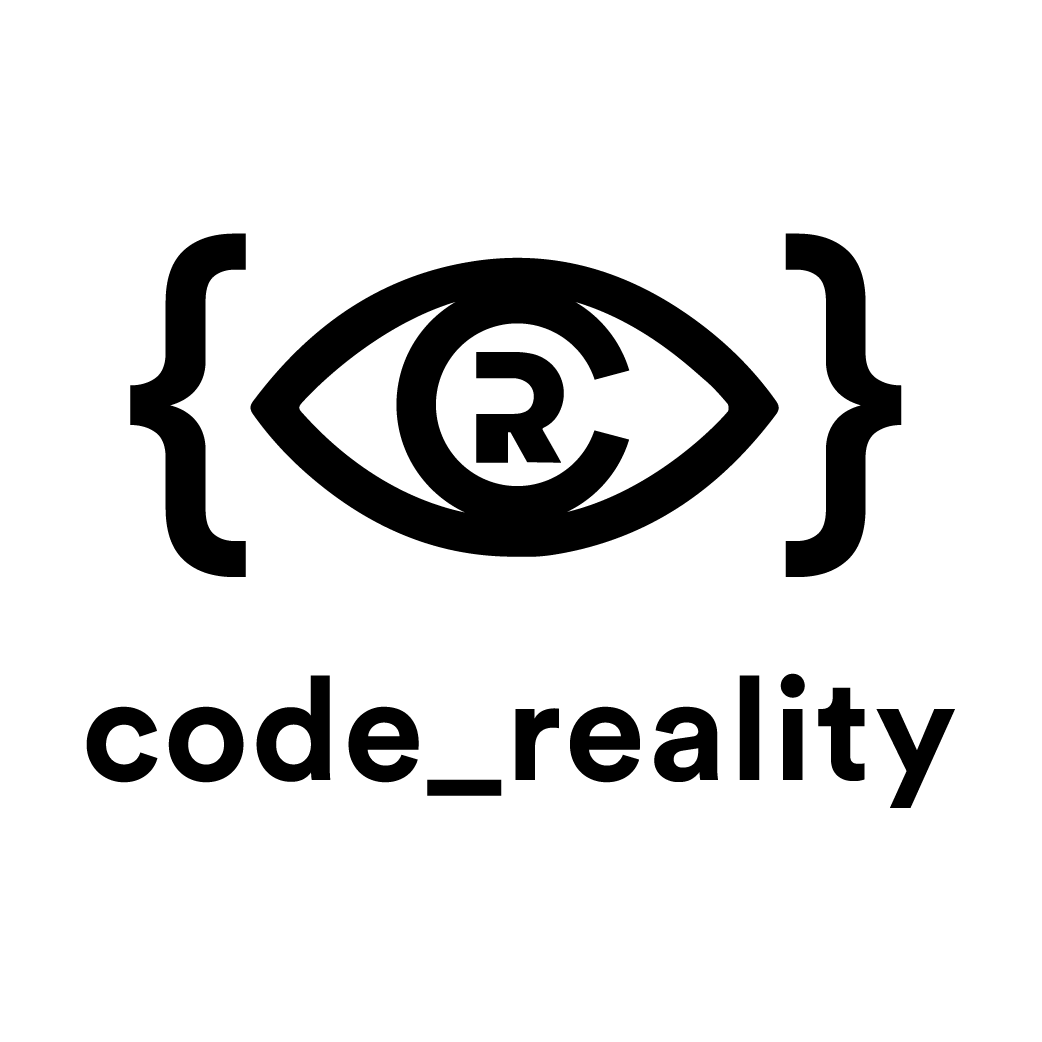This course presents an introduction to Augmented Reality, with emphasis on designing and developing Augmented Reality applications. The course starts with a comprehensive introduction to the field, covering also its history with early precursors dating back to the 19th century and with more than half a century of serious technology R&D. The course then introduces to the state of the art of hardware and software. The course covers all you need to know about Spatial Computing, Human Computer Interaction, Perception, Design Thinking, and Application Development. A rich mix of theory and practice is complemented with methodology and hands-on development and evaluation.
Insights into specialist application areas and job perspectives will help sharpen your skill set.
As part of the course, students will be tasked with designing, developing, and evaluating their own Augmented Reality application. Assessment will be made and grades will be based on an interdisciplinary team project, ideally bringing together students of the Computer Sciences with students in Arts and Media.
The online course will be based on the Foundations of Augmented Reality pilot course pilot delivered by Code Reality in 2019.


